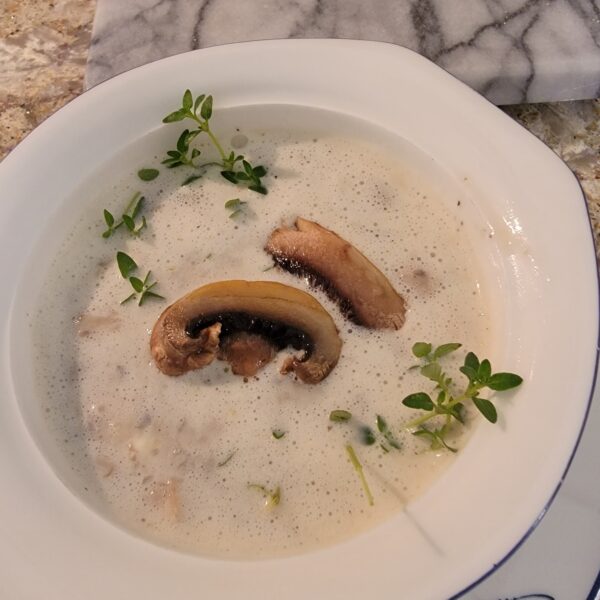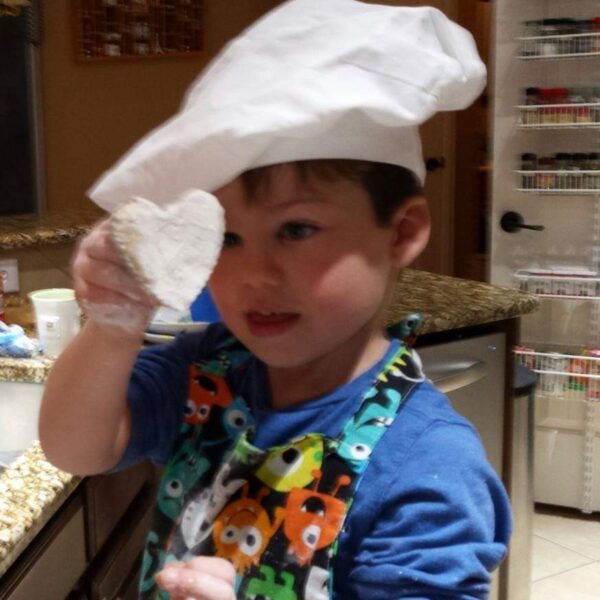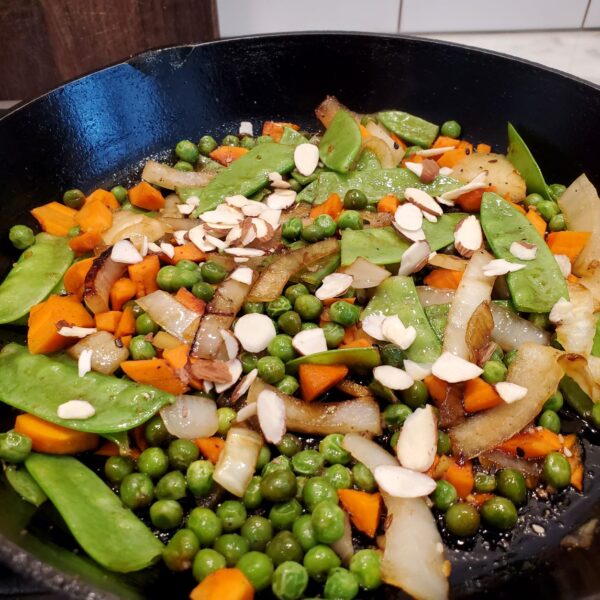My grandmother was French Canadian and spent the bulk of her days in Maine; one day she confessed to me she made the worst clam chowder – only once. She was a new bride back in 1924; and her husband Clarence, a German sawmill worker, told her to make clam ‘chowdah’ for dinner that night. His brother, Harvey, was a lobster man, and Clarence was bored with ‘lobstah’; so, he told her to make the chowder and stop complaining. Now my grandmother was only 4 feet 8 inches, but she was the strongest woman I ever knew. She tried to explain she did not know how to make clam chowder, but Clarence was not a good listener (or husband). So, she walked down to the Belfast wharf and brought home a bucket of fresh clams. She was livid and stewed with each step. Dumping the unwashed sandy shells into the pot, she proceeded to light the gas stove with her match. She grumbled, “I’ll make you dinner.” She peeled some salt potatoes and diced them. After the potatoes were tender in the pot, she added cream, salt and pepper, and a few boiled onions for flavor. It didn’t look the same as had at Moody’s Diner a short while ago. Clarence walked into their tiny kitchen with his large muddy boots and sat at their drop leaf table. He was starving. First, he noticed the shells popping up through the milky broth and spooned a taste of gritty sand. She smiled, “He never asked me to make chowder again.”
Ever since that story, I’ve tasted some wicked good ‘chowdahs’ in Maine and throughout New England. I love a great bowl as the weather turns grey and windy in Upstate New York. One sip and my grandmother’s whisper is in my ears. I can still hear her giggle and say, “I tried to tell him!”
I’ve been following Erin French, who happens to shop in Belfast, and runs a restaurant nearby. It’s spooky how much we have in common, and I know she would have loved to meet my grandmother, Eleanor. She had the courage to leave a bad marriage in 1940 and begin again. Working along the coastline in Maine and ultimately in Massachusetts, where she would find the love of her life.
Here’s Erin’s clam chowder recipe below with photo, and I hope you enjoy it as much as I have enjoyed sharing it with you.
Chowder of Sweet Clams with Shallots and Fingerlings Serves 4 to 6
“My grandparents were potato farmers in Ashland, and when I visited them growing up, potatoes were often at the heart of their home-cooked meals. Marrying potatoes with the sweet sea brine of clams, caramelized shallots, and good fresh dill, Erin’s clam chowder takes me back to my childhood while also bringing together two of Maine’s oldest callings — farming and fishing. “
(Govenor of Maine – Janet Mills)
Ingredients 5 pounds clams, either steamers or littlenecks 1 pound baby potatoes 3 tablespoons olive oil, plus more for serving 6 shallots, thinly sliced 3 cups heavy cream 2 cups whole milk 5 tablespoons (¾ stick) unsalted butter juice of 1 lemon salt and pepper to taste 2 tablespoons chopped fresh parsley 2 tablespoons chopped fresh dill Directions Give the clams a good rinse under cold running water, discarding any with cracked shells, and put them in a large pot with a lid. Add 2½ cups of water to the pot, cover, and cook over high heat until the clams steam open, about 5 minutes. Drain and let cool to room temperature. Use an oyster or clam knife to shuck the clams, discarding any that didn’t open. Reserve the clam meat. Wipe out the pot and add the potatoes. Pour in just enough cold water to cover and season with salt. Bring the water to a boil, then reduce the heat so the water simmers, and cook the potatoes until fork-tender, 10 to 12 minutes. Drain the potatoes and let cool to room temperature before cutting into bite-size pieces. Return the pot to medium heat and add the olive oil and shallots. Cook, stirring frequently, until deeply caramelized, about 20 minutes. Add the potatoes, cream, milk, and butter and bring to a gentle simmer. Add the clams and lemon juice and season with salt and pepper to taste. Cook for another minute, just to heat the clams through. Remove the pot from the heat, sprinkle in the parsley and dill, drizzle with a bit of olive oil, and serve. *Recipe from The Lost Kitchen: Recipes and a Good Life Found in Freedom, Maine, by Erin French, published in 2017 by Clarkson Potter, used with permission.



Leave a Reply